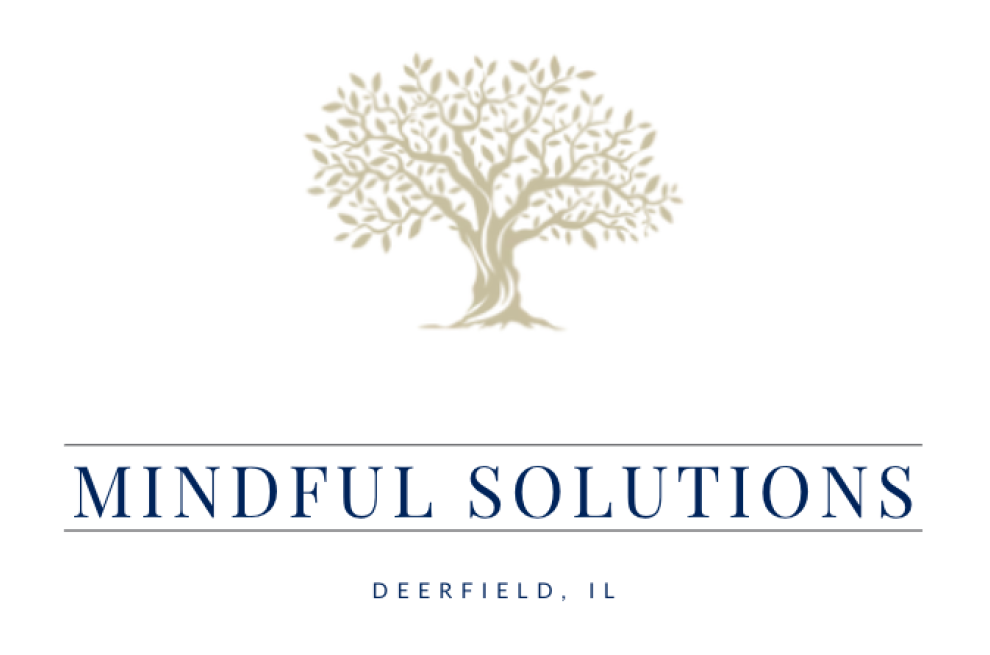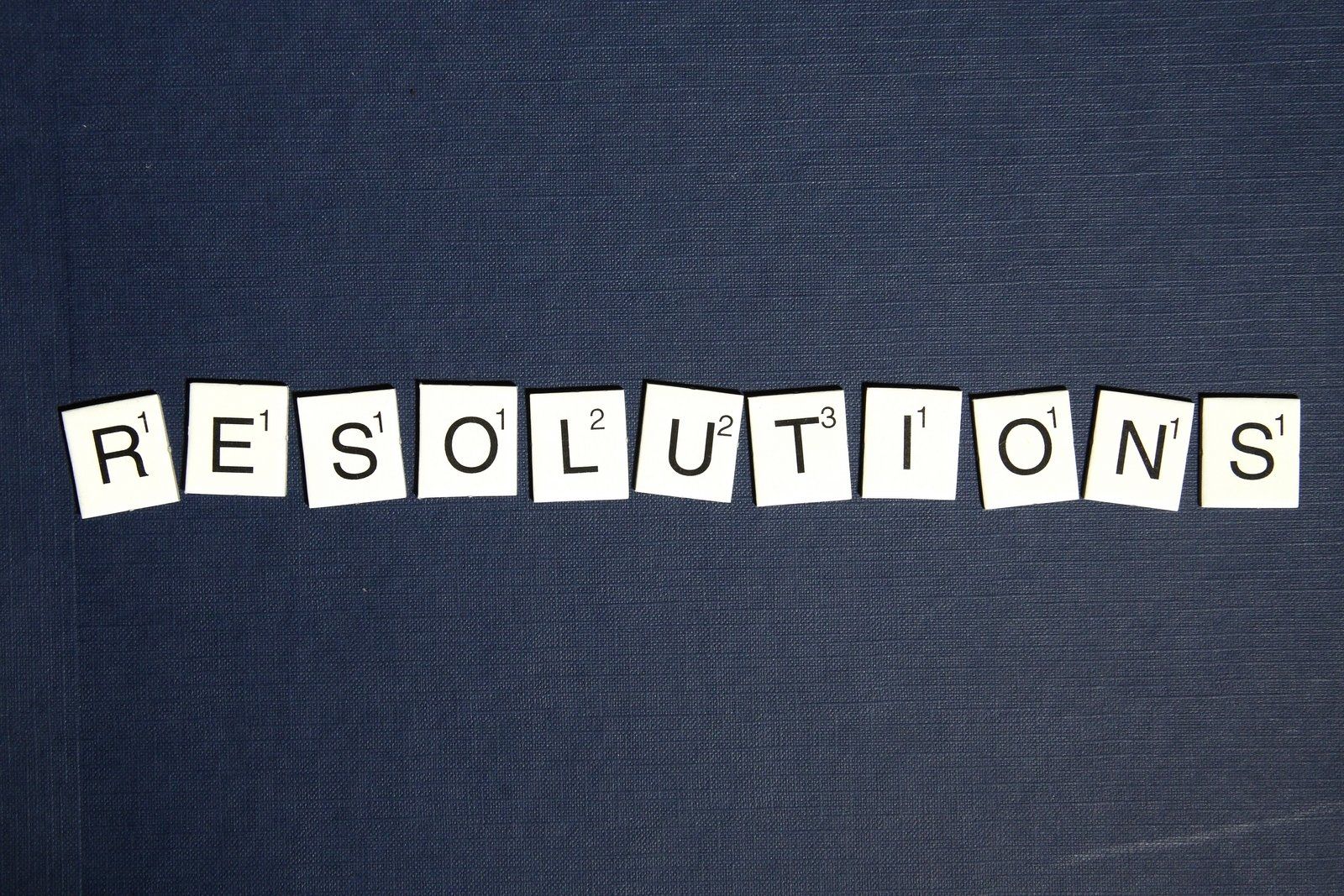The Ownership of the "I" Position

Conflict is a part of every relationship. How we deal with conflict can have a large influence over the viability of our relationships. Picture this. Your partner is upset with you because of the way that you handled a difficult conversation with your in-laws. When your partner raises their concerns, you immediately begin to feel defensive. Before your partner can even finish speaking, you interrupt with “Well you didn’t…” “you never…” and “you could have.” Your partner then fires back with “you won’t…” “why don’t you…” and “you should have.” What do all of these phrases have in common? The simple word “you.” This might seem like a typical part of an argument, and it is! And, this small word has the same intent and impact: blame. When we use “you” language, we are finger pointing. We are removing ourselves and our role from the dynamic, placing the responsibility for the issue on the other person, and creating distance between ourselves and our partner so as to avoid taking responsibility for our own behavior. Ultimately, all this does is deepen the rift the conflict caused in the first place.
When we’re in conflict, we have a tendency to push each other away in an attempt to avoid vulnerability and protect old, tender wounds. We try to keep “our stuff” out of conflict, and the best way to do this is to distance ourselves from the other person. The easiest way to do that is to direct the attention elsewhere. In reality, the way to move through conflict in a healing and healthy way is to open ourselves up to our partner and show them we trust that they can hold our stuff. This softens the moment and paves the way for empathy.
So if “you” language creates distance, and our goal is to work toward closeness and connection, how do we go about that? It is really quite simple. We use “I” language. Just as distance and closeness are opposites, “you” language and “I” language have quite opposite effects. Put yourself back in that hypothetical argument from before. You are listening to your partner talk about how they felt about your conversation with their parents. As you listen, you focus on your role in the interaction with your in-laws, and your role in this dynamic with your partner. Once your partner shares their thoughts, you start by saying things like, “When I hear you say…I notice…” “I feel…” and “I recognize.” Your partner then responds with statements beginning with “The story I tell myself is…” “I need…” and “I am.” Recognize the difference in the way you feel even from reading these phrases as compared to the phrases based in “you” language.
This shift to “I” is a subtle shift in word choice, but creates a not so subtle shift in the impact on your partner. We are directly sharing our own feelings and experiences without blaming the other person, and we are indirectly sending the message that we are recognizing our own part in contributing to whatever the problem was and are open to taking ownership over our behaviors and our stuff. This softening enables our partner to try to understand our perspective and appreciate the vulnerability in accepting responsibility.
So the next time that you are in conflict with your partner, challenge yourself to pause, reflect on your own part in whatever the conflict was, and place yourself in the “I” position. Take accountability for your role, name your own feelings, and share your experience. Not only will this change the way the conflict exists between you and your partner, but it will also encourage your partner to step into vulnerability with you.



